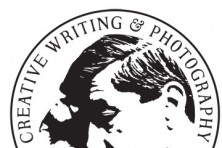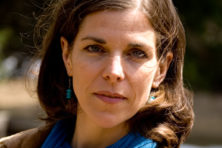Judges Announced for 2023 Hal Prize
- Share
- Tweet
- Pin
- Share
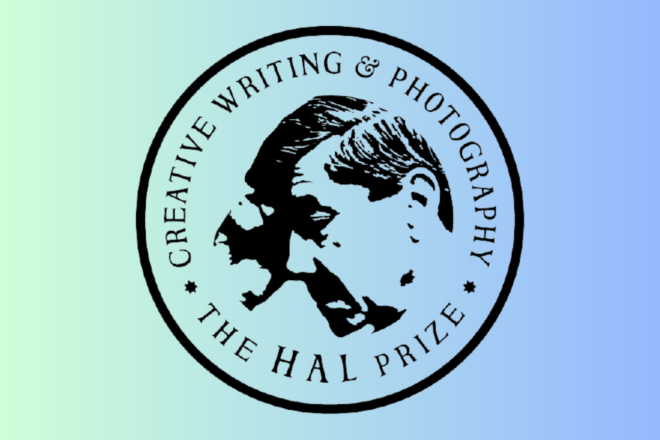
Submissions open May 1
It’s starting to feel like spring on the peninsula, and to me, that means more than just warmer weather and sunlight at 6 pm: It means it’s time to announce the judges for the Hal Prize, the Peninsula Pulse’s annual creative writing and photography contest – one of my favorite times of the year.
We wouldn’t have found these incredible professionals without the expertise of our partners at Peninsula School of Art and Write On, Door County. They selected people who are not only respected in their disciplines, but who also want to support and nurture others as well.
The Hal Prize accepts submissions in fiction, nonfiction, poetry and photography, the best of which are published in our annual literary magazine, 8142 Review, which comes out in November. The contest opens May 1, and we still have more news to announce – so stay tuned!
Local Screening Judges Returning
When we created 8142 Review to showcase the Hal Prize winners, we thought about what we could do to root the competition and publication in our community – a goal we met with the introduction of our screening judges in 2022. This group of writers was invited to select the best of the submissions before they went on to the judges, and I’m happy to say that group is returning for one more year.
To Thomas Davis, Jami Hanreddy, Marggie Moertl, Judy Ann Ritter, Charles B. Schudson, Carrie and Peter Sherrill, and Jan Wrede: I am looking forward to working with you all – and your enthusiasm for this project – again this year.
Here, I welcome our 2023 judges, about whom you can read more below: Toya Wolfe, fiction; Edward McPherson, nonfiction; Sean Hill, poetry; and Allen Morris, photography.
Toya Wolfe, fiction
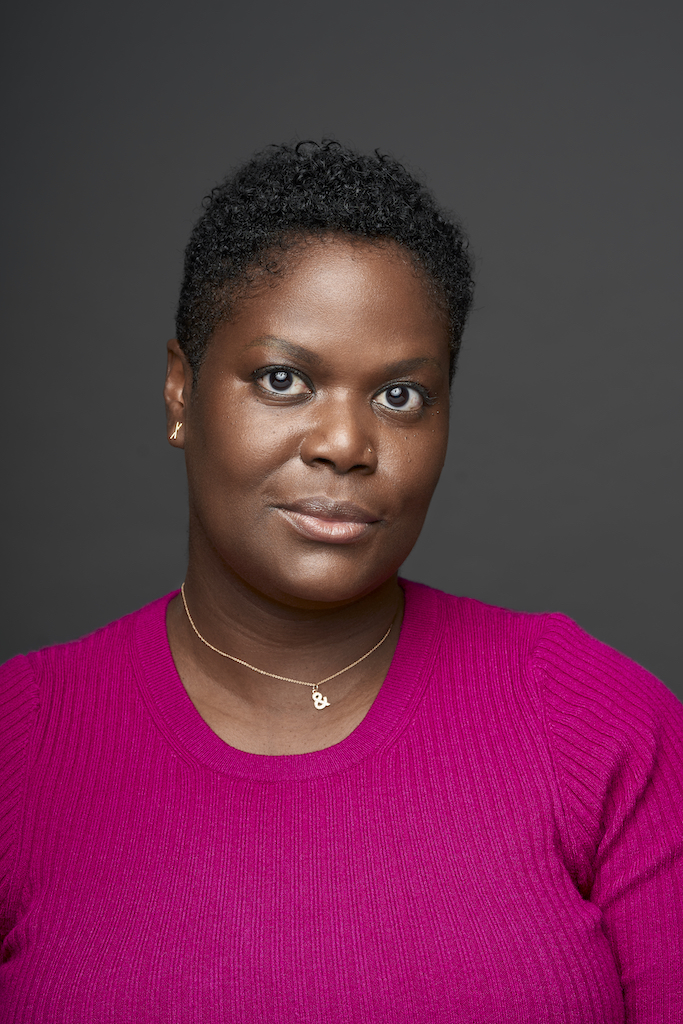
Toya Wolfe. Photo by Leicester Mitchell. 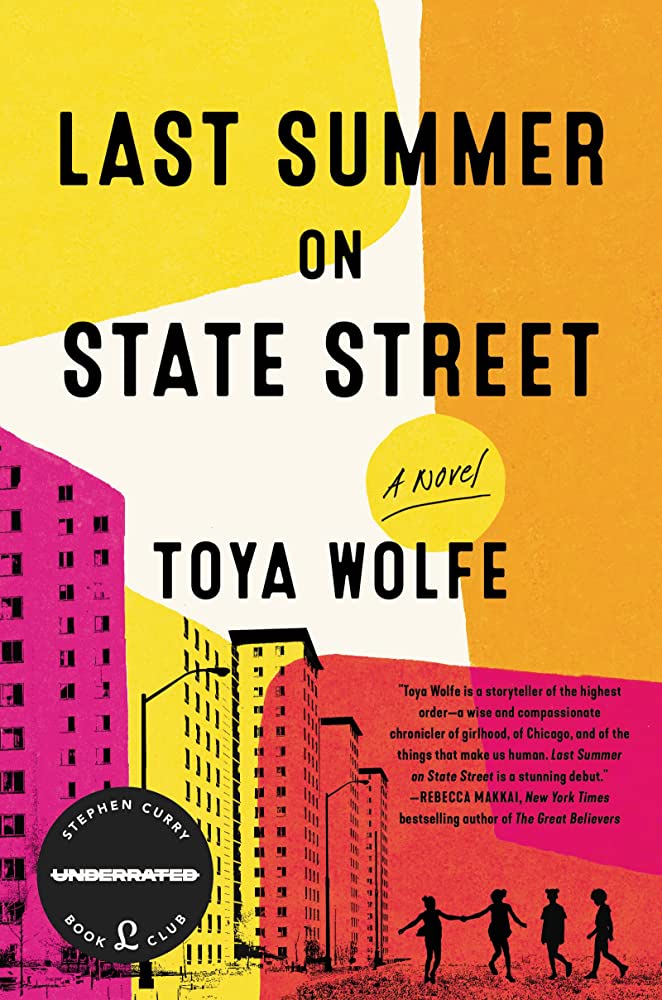
Wolfe broke onto the Chicago literary scene in 2022 with the release of her debut novel, Last Summer on State Street. The book follows 12-year-old Felicia “Fe Fe” Stevens and her group of friends during the summer of 1999. They’re living in the Robert Taylor Homes – Chicago’s largest housing project and, at one time, the largest in the country – at the time when the buildings are being demolished. Wolfe drew from her own experiences growing up there for her novel.
“When the relocations started, I was sort of privy to all of the terminology and the process of everything because my family was still going through it,” Wolfe told me last year during a conversation on the Door County Pulse podcast. “I was actually working at a community center with young people at the time, and that is sort of what sparked the idea for the book – that these kids, their whole lives are about to be disrupted.”
The book was selected by NBA superstar Stephen Curry for his book club. Wolfe has also earned the Zora Neale Hurston-Bessie Head Fiction Award, was a finalist for the PEN Open Book Award and is the winner of the Chicago Writers Association’s Book of the Year Award in Traditional Fiction. She teaches fiction for the Bennington Writing Seminars.
Learn more about Wolfe at toyawolfe.com.
Edward McPherson, nonfiction

Edward McPherson 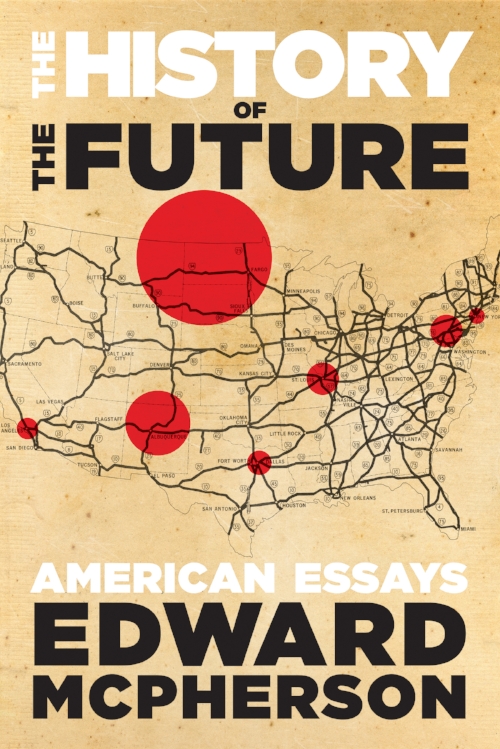
History and recollection play a large part in the writing of nonfiction author McPherson, whose most recent work, The History of the Future: American Essays, explores how understanding our past can help us understand where we might be heading.
McPherson has written two other research-based books, along with numerous essays for various publications. One of his essays, “Telref,” published in the Gettysburg Review, earned a Pushcart Prize. He has also received the PEN Southwest Book Award, the Gulf Coast Prize in Fiction and the Gesell Award from the University of Minnesota.
McPherson teaches creative writing at Washington University in St. Louis and is a contributing editor for Common Reader.
Learn more about him at edwardmcpherson.net.
Sean Hill, poetry
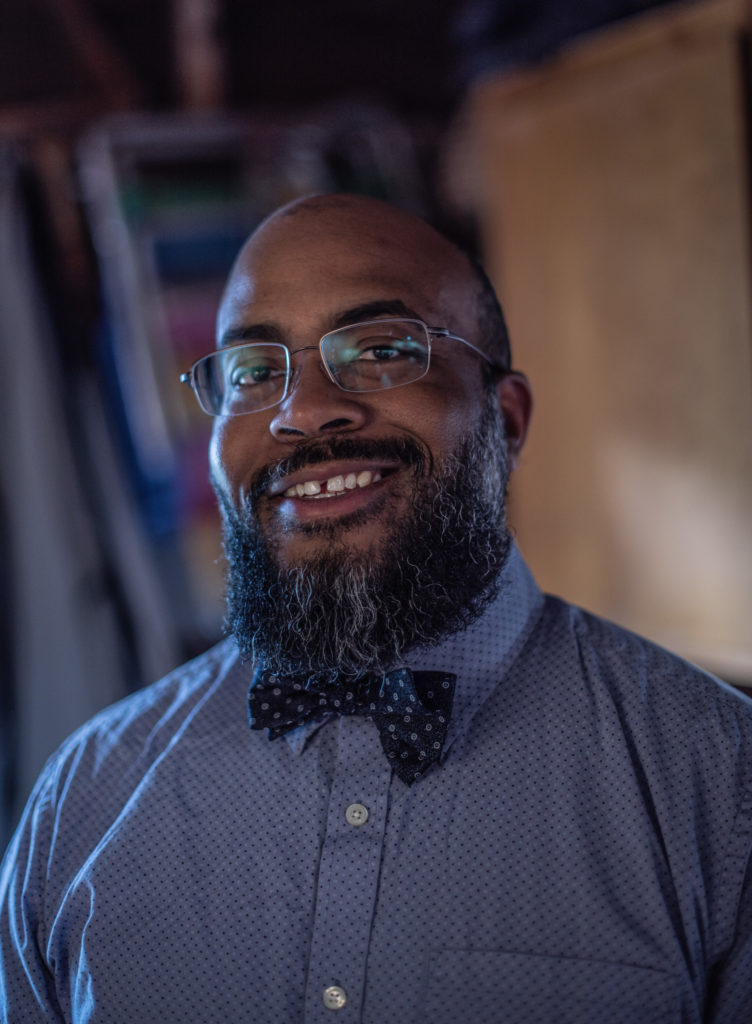
Sean Hill. Photo by Geoff Wyatt. 
Rooted in place, movement and remembrance, Hill’s poetry explores what it means to be a part of, and outside of, a community. His poems and essays have appeared in numerous journals and anthologies.
In his first collection of poetry, Blood Ties & Brown Liquor, Hill explores the collective and personal history of his hometown of Milledgeville, Georgia, through the fictional family of Silas Wright over the span of two centuries. The Georgia Center for the Book named it one of the Ten Books All Georgians Should Read in 2015.
His second body of work, Dangerous Goods, taps into the thread of community while adding the complexities of movement and belonging. This collection won the Minnesota Book Award in Poetry.
Hill is the director of the Minnesota Northwoods Writers Conference at Bemidji State University.
Learn more about him at seanhillpoetry.com.
Allen Morris, photography
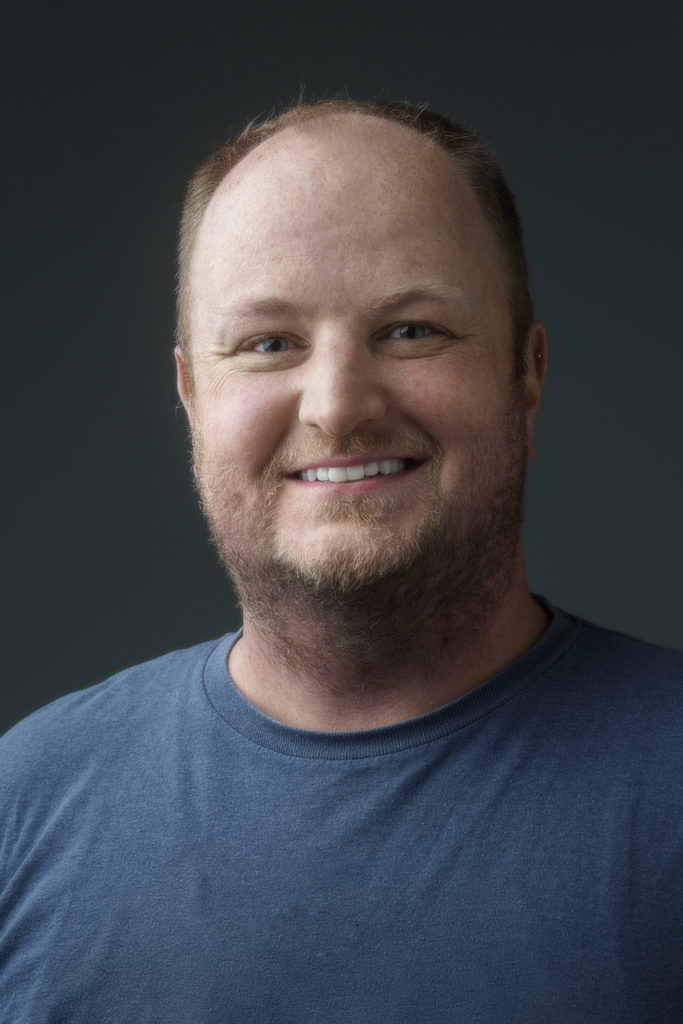
Allen Morris. Photo by Skott Chandler. 
“Commerce” by Allen Morris.
When it came to selecting a photography judge this year, we leaned heavily on the expertise of our partners at Peninsula School of Art to find someone who could bring something new to the table – and we found that something in Morris.
In contrast to those of our previous Hal Prize judges, Morris’ bodies of work and experience lie in the realm of fine art. He focuses on abstract approaches to image capture and making, working with a variety of light-sensitive materials. His main bodies of work examine the relationship between humans and their environments.
Through his work as an educator, Morris also has a deep understanding of traditional photography techniques and subjects. He will lead a workshop at Peninsula School of Art (peninsulaschoolofart.org/workshops) in June that explores long-exposure photography.
Learn more about Morris at allenmorrisphoto.com.
Want to get a look at the previous winners of the Hal Prize contest as you prepare your submission? Then purchase a copy of 8142 Review, Vol. 1 and Vol. 2, at doorcountypulse.com/shop.




